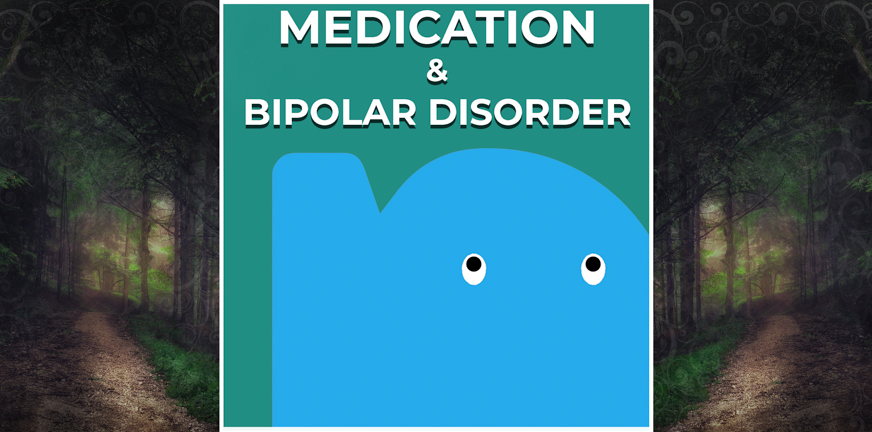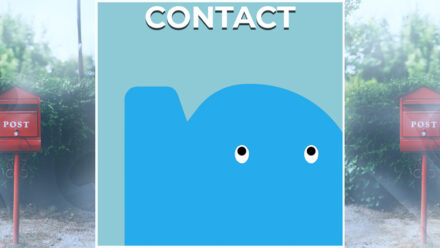
When you have bipolar disorder, medication can help stabilise your mood. Which medication is best suited for someone, depends in part on your (other) problems. For manic depression, the mood stabiliser lithium is often prescribed.
Mania
Because mania can have serious consequences for both the patient and the people around them, powerful medicines are often used. Their effectiveness on the short term often gets priority over possible side effects. The most effective treatment for mania is taking antipsychotics. If the mania is not too heavy, a mood stabiliser such as lithium is also an option. Many people have trouble sleeping during their manic stage. These can be treated temporarily by adding sleep medicines.
The combination of antidepressants and a mood stabiliser is not a good idea. It could lead to a manic episode and make the problems worse, so be careful with this.
If treatment with medicines does not show any positive effect within the first two weeks, a different approach should be chosen. For instance, by switching to a different dosage, or a different medicine. When you respond well to the treatment, the use of that particular medicine is usually continued for two to six months. After this, you and the therapist should talk about whether it is still necessary to continue with the medicine or if you can start lowering the dosage.
Manic depression
A depressive episode as part of a bipolar mood disorder is also called manic depression. The difference between this type of depression and a “regular” depression (also called unipolar depression), is that a manic depression is often preceded by mania. Treatment for manic depression (or bipolar depression) often turns out to be more complicated, because antidepressants are less effective. For some people, they even make the problems worse. Therefore antidepressants are never prescribed on their own, but always in combination with a mood stabiliser and sometimes an antipsychotic.
We know that quetiapine and olanzapine can be effective treatments for manic depression and are often the first choice.
And just as with mania: does the medicine not lead to improvement within four to six weeks? Then it’s best to try a different approach.
Maintenance treatment
Maintenance treatment is aimed at preventing a relapse into another manic or depressive episode. Lithium is the first-choice medication for maintenance treatment. Second-choice medicines are called valproic acid and lamotrigine, along with the antipsychotics quetiapine and olanzapine.
Studies repeatedly show that lithium is effective. However, regular blood tests are important because high dosages of lithium are harmful and can even lead to lithium poisoning.
How long maintenance treatment lasts, is hard to tell and is different from person to person. In general it lasts at least two to five years, and in some cases for someone’s whole life.




